Russia warns of Ukraine bid to draw NATO into 'World War III'
Russia’s envoy to Washington has fiercely rejected Western media reports implying that Moscow was plotting a false-flag operation at a major Ukrainian nuclear power plant, insisting that Kiev was using the false narrative to draw the US-led NATO military alliance into its war.
"Western ruling elites should understand that the (Ukrainian) failures on the battlefield make Kiev eager to create a pretext for the deployment of the NATO contingent to Ukraine, thereby to inflate a regional conflict into World War III," said Moscow’s Ambassador to Washington Anatoly Antonov in an interview published Friday by the US-based Newsweek magazine.
"We call on the curators of the Kiev regime to exercise responsibility and exert influence on their 'wards' in order to avoid a large-scale catastrophe," he further emphasized.
"American and European citizens are hardly ready to march in orderly rows to the hell, into which the Zelensky government is dragging the entire planet," he then noted, referring to Ukraine’s Western-backed President Volodymyr Zelensky.
With Ukrainian authorities expressing frustration over the slow pace of the country's widely publicized counteroffensive against Russian forces, Antonov also called on Zelensky’s mostly European supporters to prevent further escalation of the Western-backed and supplied war.
Antonov's remarks followed exchange of accusations between Russian and Ukrainian officials about plotting to stage an attack at the Zaporizhzhia nuclear power plant (ZNPP). Zelensky specifically claimed in a public address on Tuesday that objects resembling explosives were detected on the roof of the site, "perhaps to simulate an attack on the plant."
However, the International Atomic Energy Agency (IAEA), which has inspectors on-site, insisted on Wednesday that no such explosives have been observed at the facility. IAEA Chief Rafael Grossi further stressed that its experts have requested additional access to parts of the nuclear plant.
The Russian envoy further dismissed any statements suggesting that "Russia is preparing a provocation against the nuclear power plant it controls" as "absurd," pointing to the presence of Russian and IAEA personnel as well as safeguards shielding the plant's nuclear reactors.
"Russian citizens work at the facility. IAEA experts, who cannot but know who is shelling the ZNPP, are present there on a rotational basis, too," Antonov added. "The reactors are protected."
He also pointed out that "besides power units there are more vulnerable infrastructure facilities: cooling systems, storage sites for fresh fuel and nuclear waste," warning that "any projectile hit is extremely dangerous as radiation contamination of vast territories can follow."
Antonov further tied the dueling narratives surrounding the situation at Zaporizhzhia to the upcoming NATO summit to be held in Lithuania, where the topic of Ukraine and potential ways to increase support for Kyiv are expected to dominate discussions.
"Observers are actually playing along with the criminal intentions of the Ukrainian authorities ahead of the NATO summit," Antonov said.
These intentions, according to Antonov, were "to use a terrorist attack in order to slander Russia as a 'nuclear terrorist,' to divert attention from the failed counteroffensive of the Armed Forces of Ukraine, in which the West has invested enormous resources" and "to use provocation so as to draw the Alliance directly into the conflict."
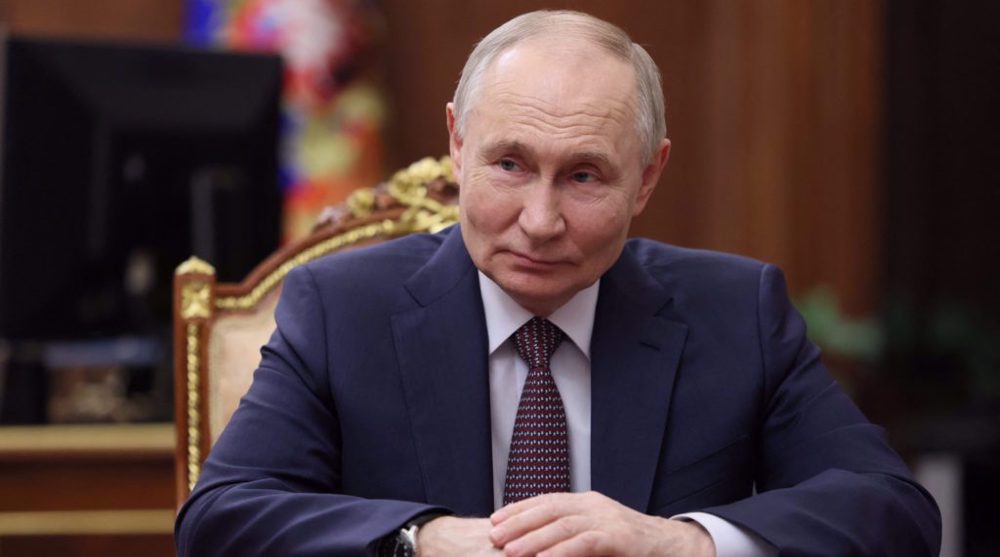
Putin says not opposed to Europeans’ involvement in Ukraine talks
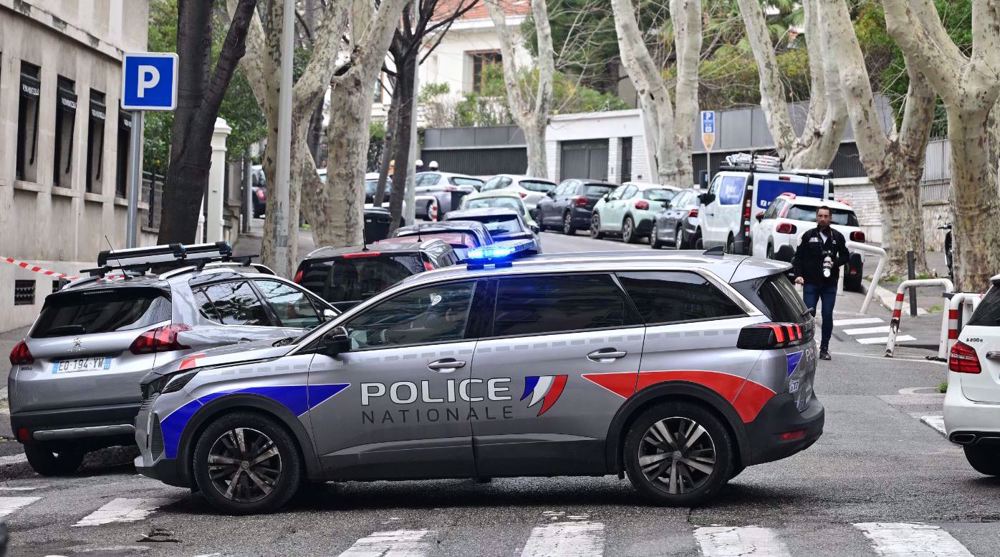
Russian consulate in France comes under attack on Ukraine war anniversary
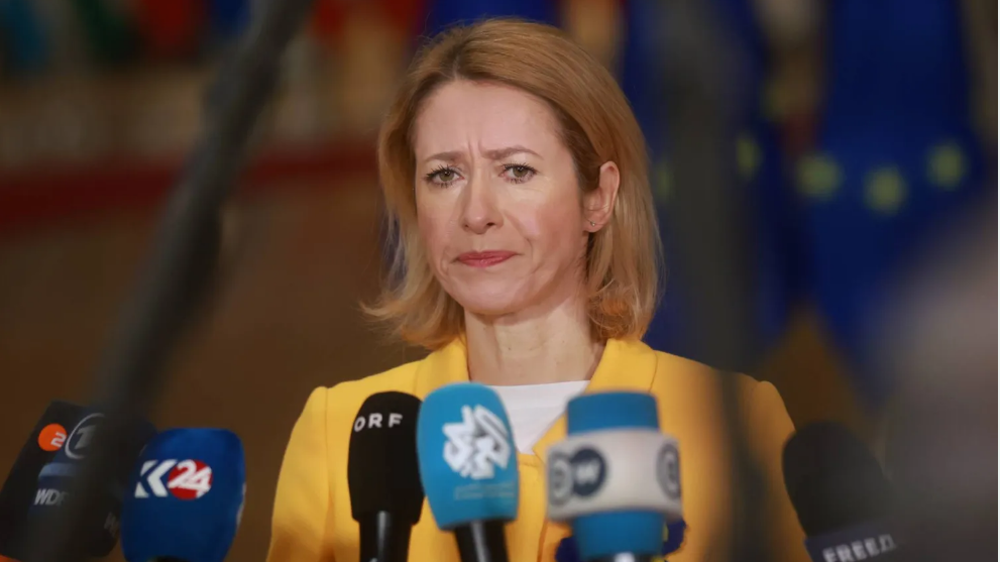
EU imposes new sanctions on Russia on third anniversary of Ukraine war
Hezbollah's display of power proved resistance cannot be eliminated: Iran parl. speaker
Israel escalates West Bank raids as official says regime seeking to complete Gaza genocide
Australian senator smeared by anti-Iran groups for saying Iranian women 'have a voice'
Palestinian man dies in Israeli prison as Foreign Ministry urges intl. probe into regime’s crimes
Putin says not opposed to Europeans’ involvement in Ukraine talks
VIDEO | Iranian Kurdish protesters demand European action against PKK, PJAK terror
VIDEO | Israel expands offensive in northern West Bank, deploys tanks to Jenin
VIDEO | Spaniards fill streets of Cádiz in solidarity with Palestine


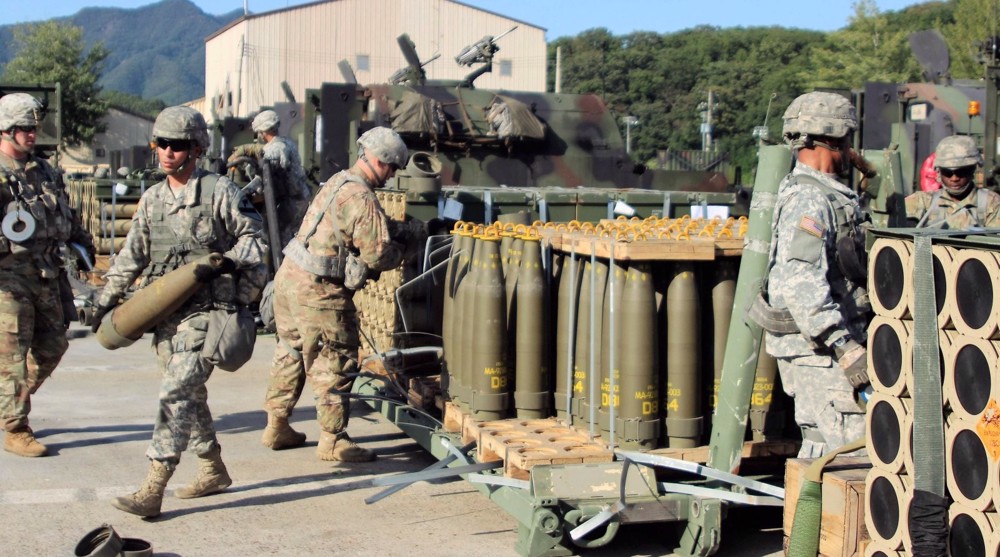
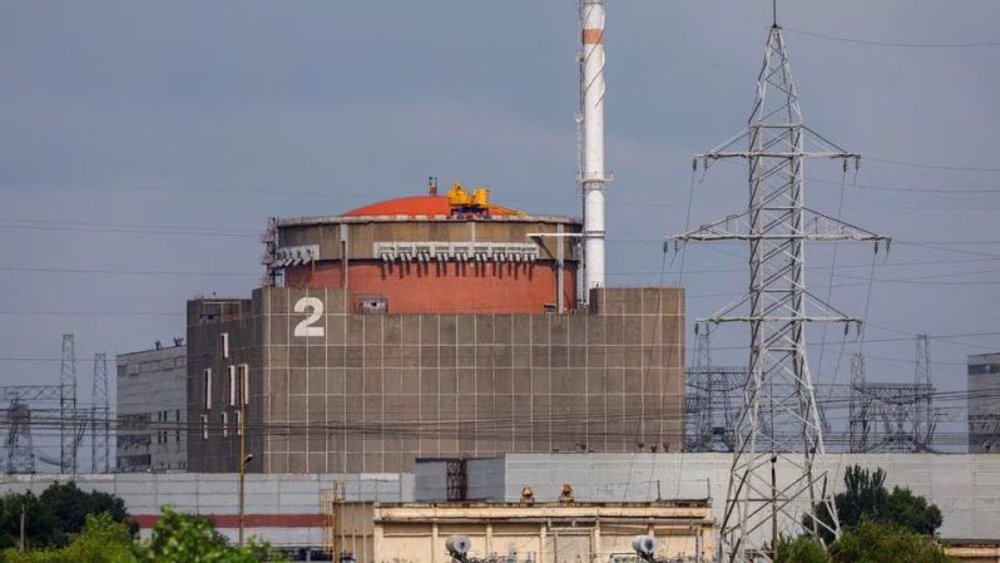



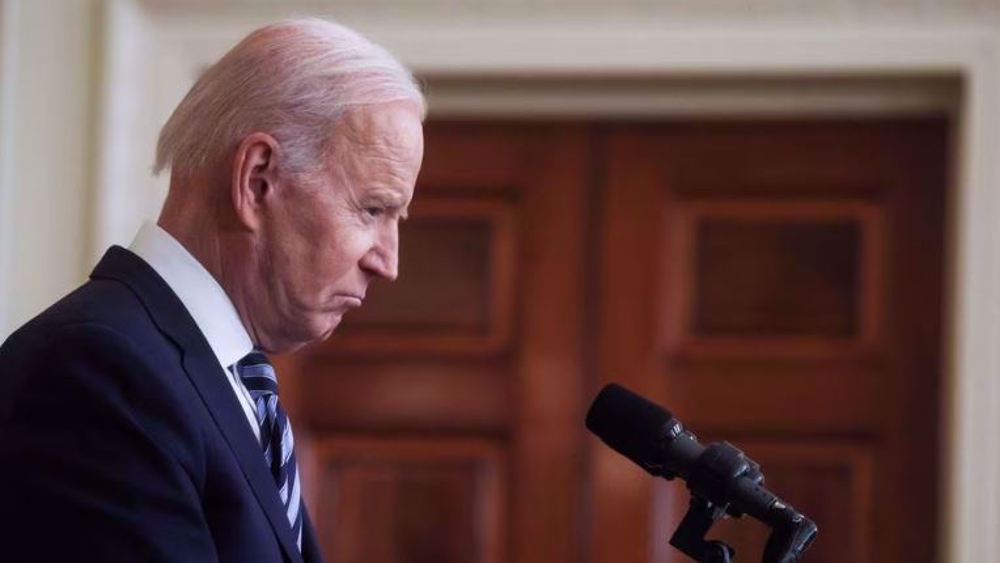
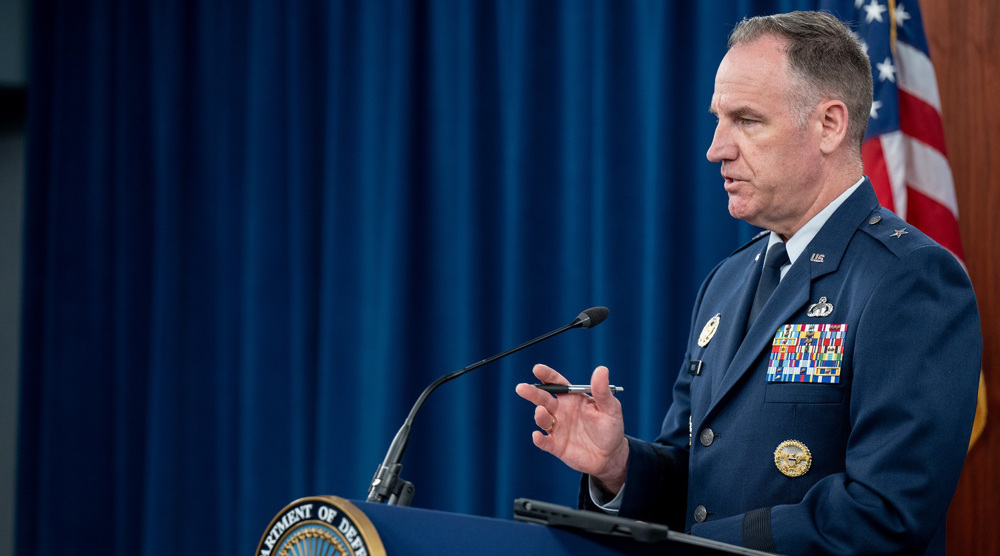
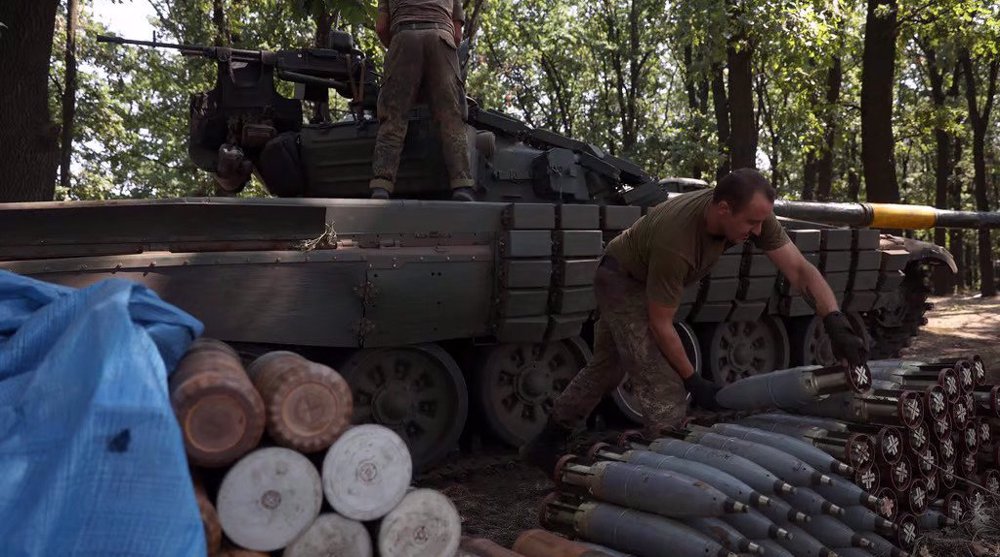
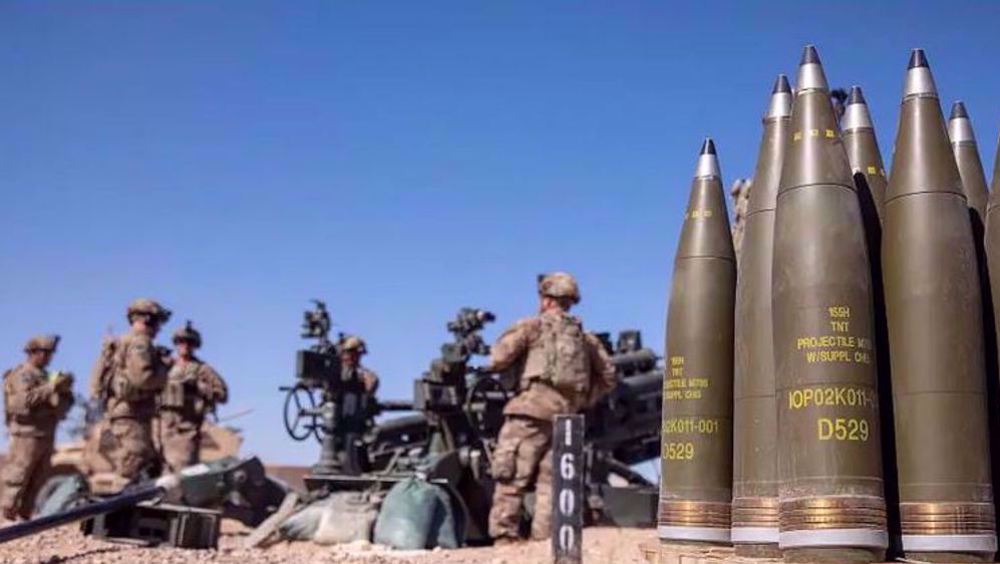

 This makes it easy to access the Press TV website
This makes it easy to access the Press TV website